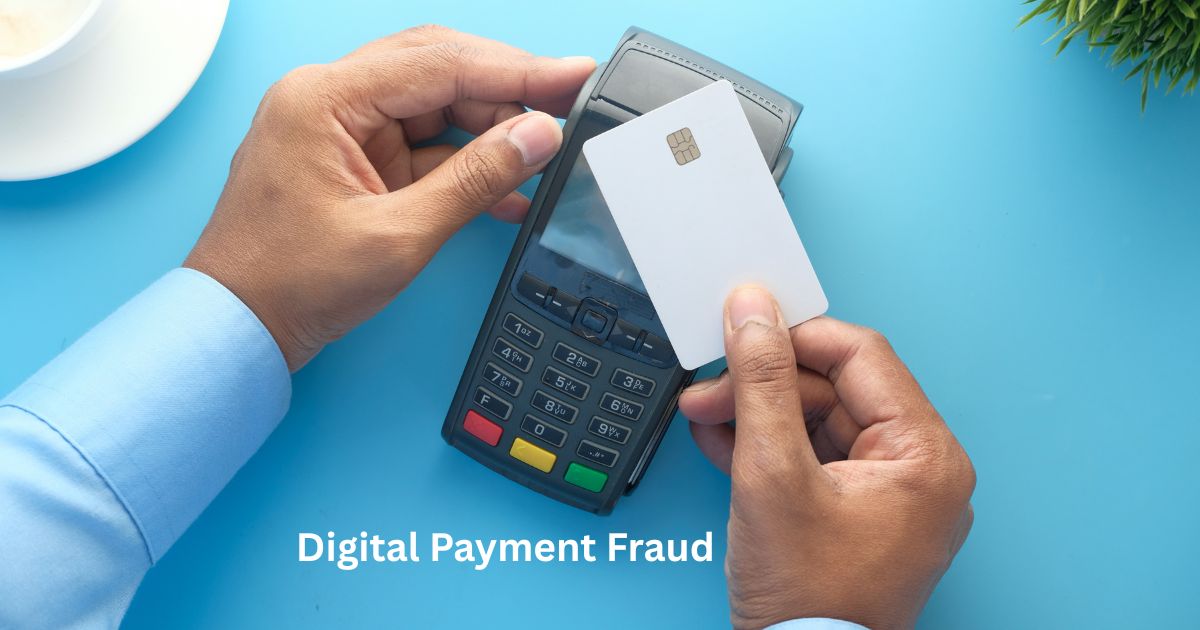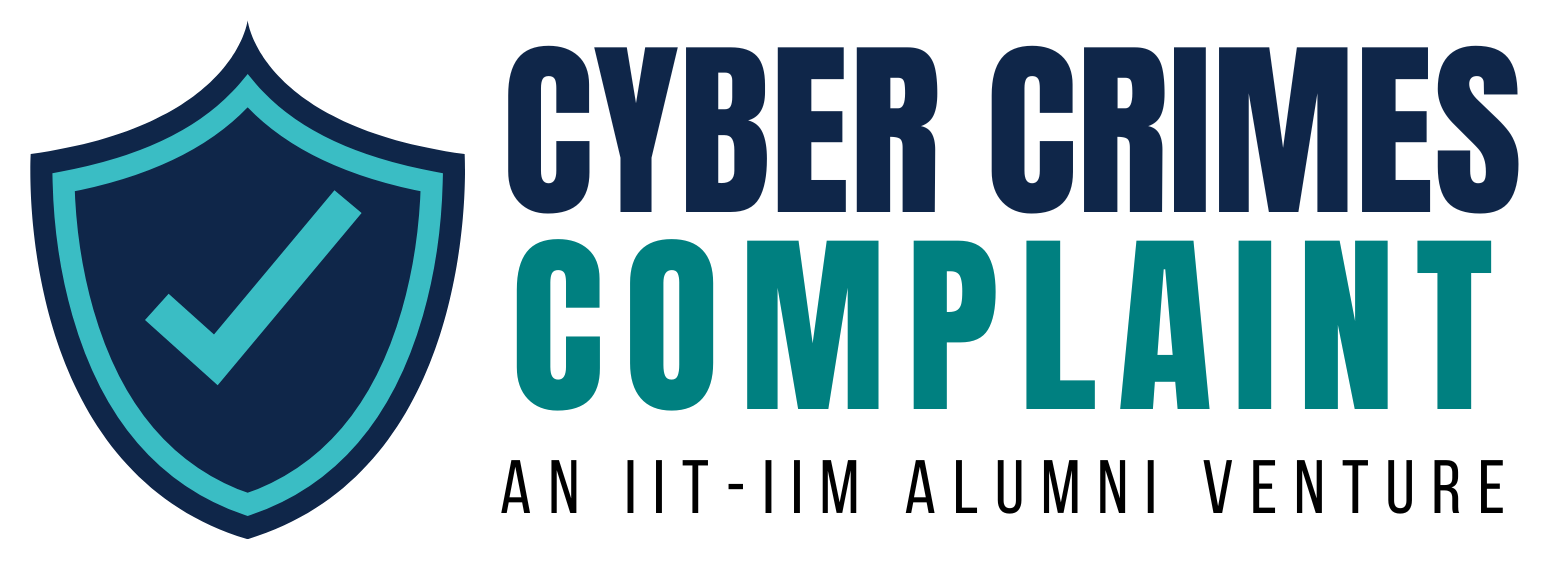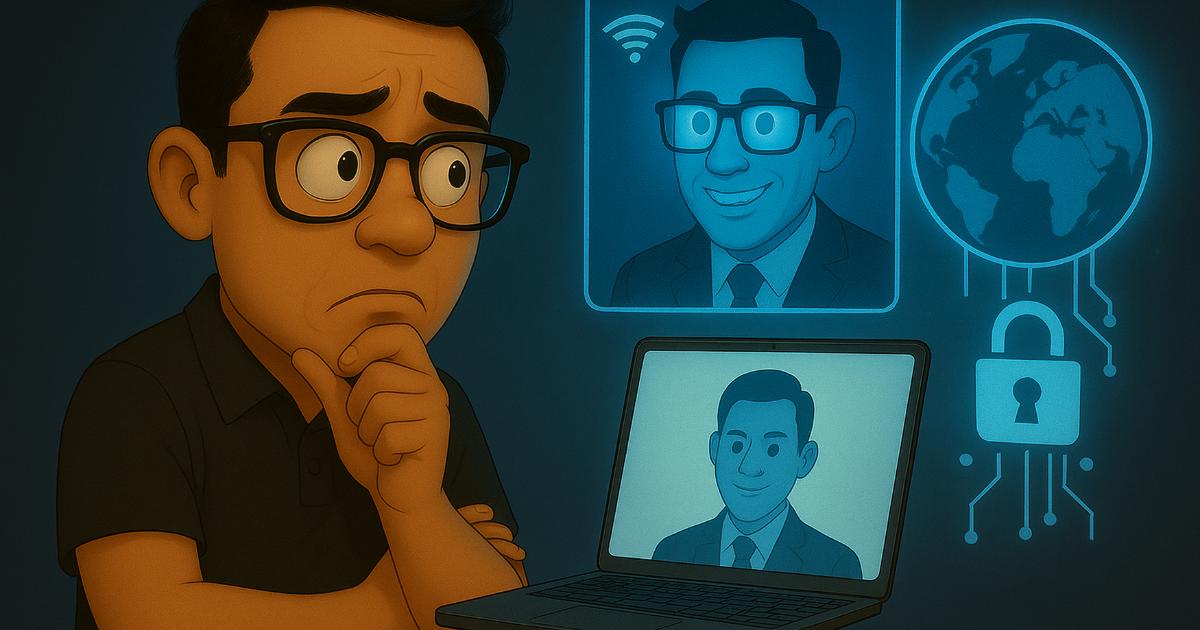· Cybercrime · 4 min read
New Laws Fighting Digital Payment Fraud
Explore how evolving cyber laws are tackling digital payment fraud in India. Learn what protections are in place for your online transactions.

In today’s fast-paced world, digital payment fraud is no longer a rare occurrence—it’s something many of us have seen or experienced firsthand. I still remember helping a close client who lost over ₹50,000 to a seemingly legitimate UPI request. By the time she realised, it was too late. Sadly, stories like these are becoming more common as people switch to online payments for convenience. And while we’ve become more tech-savvy, so have cybercriminals. That’s why Cybercrime Laws for digital payment fraud are evolving rapidly to keep up with these threats.
At Cyber Crimes Complaint, we often guide victims who don’t know what steps to take after falling prey. This article is meant to empower you with that knowledge.
What is Cybercrime Laws?
Cybercrime laws are legal provisions created to fight unlawful activities carried out through computers, mobile devices, and the internet. In India, laws related to cybercrime are mainly covered under the Information Technology (IT) Act, 2000 and certain sections of the Indian Penal Code (IPC). Over the years, as online transactions grew, new amendments and guidelines were added to address digital payment frauds in India.
These laws aim to protect individuals from data theft, unauthorised access, and financial fraud through digital platforms. Importantly, they also help platforms and banks handle digital payment complaint procedures more efficiently.
Types of Digital Payment Fraud?
Digital payment fraud can occur in many forms. Here are the most common types of digital frauds we’ve seen while handling digital payment fraud complaints:
Phishing
Fraudsters send fake emails or messages pretending to be from banks or payment apps. Once users enter their login or card details, the money is stolen. If you fall victim, filing a Phishing scams complaint quickly can help prevent further loss and aid in recovery.
Skimming
A small device is used at ATMs or PoS machines to steal card data. This is later used to make unauthorised purchases.
Identity theft
Here, someone’s personal and financial information is stolen and used to carry out fraudulent transactions in their name.
Chargeback fraud
Some users make online purchases, receive the goods, and then raise a false refund request claiming non-delivery.
Business email compromise (BEC)
Hackers spoof official business email accounts to request urgent transfers, often targeting company employees.
Card-not-present (CNP)
When card details are used online without the physical card being present, often stolen during data breaches or phishing.
The Different Ways Digital Payment Fraud Happens
From fake UPI handles to QR code scams and duplicate payment apps, cybercriminals today use multiple techniques. Malware in mobile phones can also capture passwords silently. Even clicking an innocent-looking link in a message can lead to emptying of bank accounts. As legal consultants at Cyber Crimes Complaint, we often see that people don’t even realise they’ve been cheated until hours later.
Why Old Laws Weren’t Enough
When the IT Act was passed in 2000, India hadn’t seen the kind of digital payment systems we use today. There were no UPI platforms, e-wallets, or real-time banking apps. This gap meant there were no Laws against digital payment fraud in the way we needed. Many fraudsters went unpunished or got away with light penalties due to lack of clarity in legal provisions.
How Laws Are Changing
Thankfully, authorities have realised the need for reform. Key changes include:
RBI has issued guidelines to improve payment gateway security.
Banks now must respond swiftly to digital payment fraud complaints under specific timelines.
Amendments in the IT Act and IPC now cover digital financial crimes more clearly.
The Indian Cybercrime Coordination Centre (I4C) under MHA now oversees cybercrime control and victim support.
New SOPs help law enforcement agencies to register digital payment complaint faster and trace stolen funds using transaction trails.
At Cyber Crimes Complaint, we assist victims in navigating these legal updates, ensuring their cases are filed properly under the right Online payment fraud laws.
Conclusion
As digital payments become part of daily life, Cybercrime Laws for digital payment fraud must continue evolving. The good news is that progress is being made new regulations, tech tools, and legal procedures are helping citizens and authorities alike. But awareness remains the first line of defense. If you or someone you know has fallen victim, don’t ignore it. Register your digital payment complaint immediately and consult platforms like Cyber Crimes Complaint, where experienced legal writers and experts help resolve such cases with care and expertise.
Cybercrime isn’t just a technical problem—it’s a legal one too. And now, the law is fighting back.


